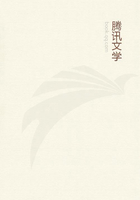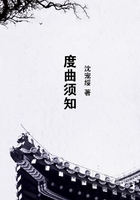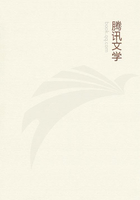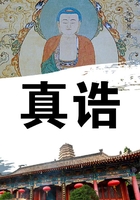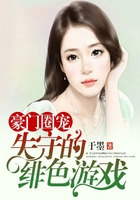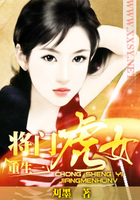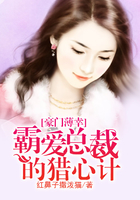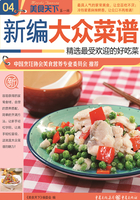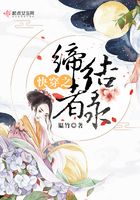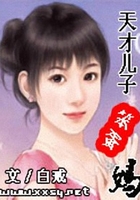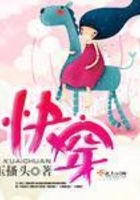General The early Greek epic -- that is, poetry as a natural and popular, and not (as it became later) an artificial and academic literary form -- passed through the usual three phases, of development, of maturity, and of decline.
No fragments which can be identified as belonging to the first period survive to give us even a general idea of the history of the earliest epic, and we are therefore thrown back upon the evidence of analogy from other forms of literature and of inference from the two great epics which have come down to us.
So reconstructed, the earliest period appears to us as a time of slow development in which the characteristic epic metre, diction, and structure grew up slowly from crude elements and were improved until the verge of maturity was reached.
The second period, which produced the "Iliad" and the "Odyssey", needs no description here: but it is very important to observe the effect of these poems on the course of post-Homeric epic. As the supreme perfection and universality of the "Iliad" and the "Odyssey" cast into oblivion whatever pre-Homeric poets had essayed, so these same qualities exercised a paralysing influence over the successors of Homer. If they continued to sing like their great predecessor of romantic themes, they were drawn as by a kind of magnetic attraction into the Homeric style and manner of treatment, and became mere echoes of the Homeric voice: in a word, Homer had so completely exhausted the epic genre, that after him further efforts were doomed to be merely conventional.
Only the rare and exceptional genius of Vergil and Milton could use the Homeric medium without loss of individuality: and this quality none of the later epic poets seem to have possessed.
Freedom from the domination of the great tradition could only be found by seeking new subjects, and such freedom was really only illusionary, since romantic subjects alone are suitable for epic treatment.
In its third period, therefore, epic poetry shows two divergent tendencies. In Ionia and the islands the epic poets followed the Homeric tradition, singing of romantic subjects in the now stereotyped heroic style, and showing originality only in their choice of legends hitherto neglected or summarily and imperfectly treated. In continental Greece (1), on the other hand, but especially in Boeotia, a new form of epic sprang up, which for the romance and PATHOS of the Ionian School substituted the practical and matter-of-fact. It dealt in moral and practical maxims, in information on technical subjects which are of service in daily life -- agriculture, astronomy, augury, and the calendar -- in matters of religion and in tracing the genealogies of men.
Its attitude is summed up in the words of the Muses to the writer of the "Theogony": `We can tell many a feigned tale to look like truth, but we can, when we will, utter the truth' ("Theogony"26-27). Such a poetry could not be permanently successful, because the subjects of which it treats -- if susceptible of poetic treatment at all -- were certainly not suited for epic treatment, where unity of action which will sustain interest, and to which each part should contribute, is absolutely necessary.
While, therefore, an epic like the "Odyssey" is an organism and dramatic in structure, a work such as the "Theogony" is a merely artificial collocation of facts, and, at best, a pageant. It is not surprising, therefore, to find that from the first the Boeotian school is forced to season its matter with romantic episodes, and that later it tends more and more to revert (as in the "Shield of Heracles") to the Homeric tradition.
The Boeotian School How did the continental school of epic poetry arise? There is little definite material for an answer to this question, but the probability is that there were at least three contributory causes. First, it is likely that before the rise of the Ionian epos there existed in Boeotia a purely popular and indigenous poetry of a crude form: it comprised, we may suppose, versified proverbs and precepts relating to life in general, agricultural maxims, weather-lore, and the like. In this sense the Boeotian poetry may be taken to have its germ in maxims similar to our English `Till May be out, ne'er cast a clout,'
or `A rainbow in the morning Is the Shepherd's warning.'
Secondly and thirdly we may ascribe the rise of the new epic to the nature of the Boeotian people and, as already remarked, to a spirit of revolt against the old epic. The Boeotians, people of the class of which Hesiod represents himself to be the type, were essentially unromantic; their daily needs marked the general limit of their ideals, and, as a class, they cared little for works of fancy, for pathos, or for fine thought as such. To a people of this nature the Homeric epos would be inacceptable, and the post-Homeric epic, with its conventional atmosphere, its trite and hackneyed diction, and its insincere sentiment, would be anathema. We can imagine, therefore, that among such folk a settler, of Aeolic origin like Hesiod, who clearly was well acquainted with the Ionian epos, would naturally see that the only outlet for his gifts lay in applying epic poetry to new themes acceptable to his hearers.
Though the poems of the Boeotian school (2) were unanimously assigned to Hesiod down to the age of Alexandrian criticism, they were clearly neither the work of one man nor even of one period:
some, doubtless, were fraudulently fathered on him in order to gain currency; but it is probable that most came to be regarded as his partly because of their general character, and partly because the names of their real authors were lost. One fact in this attribution is remarkable -- the veneration paid to Hesiod.
Life of Hesiod Our information respecting Hesiod is derived in the main from notices and allusions in the works attributed to him, and to these must be added traditions concerning his death and burial gathered from later writers.

